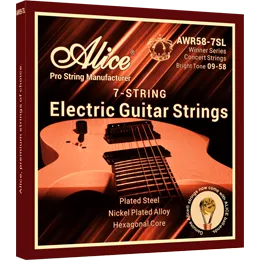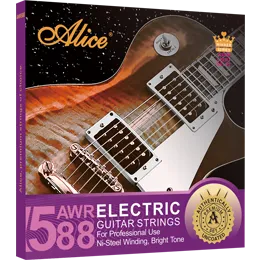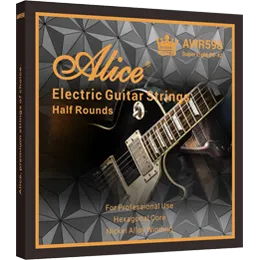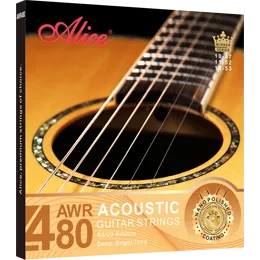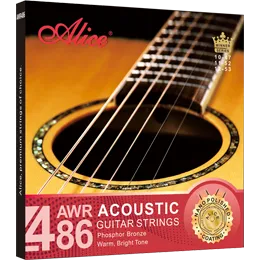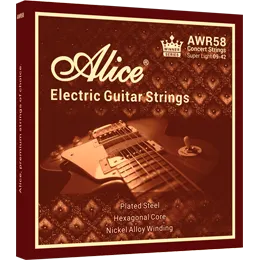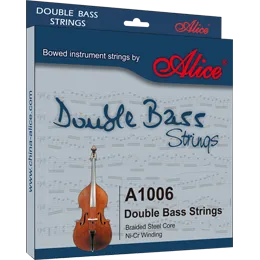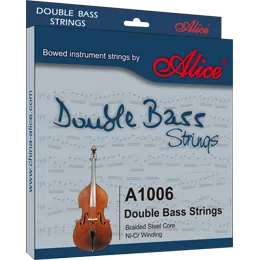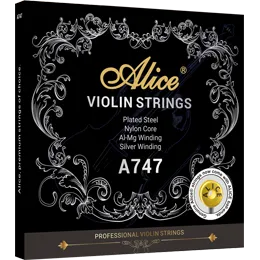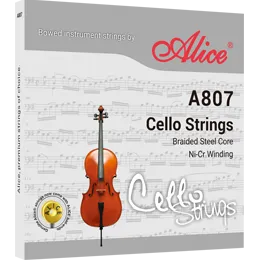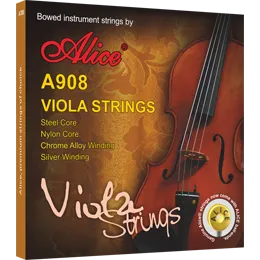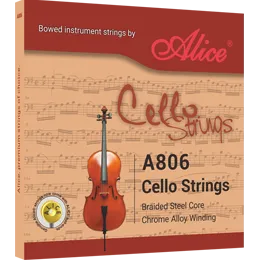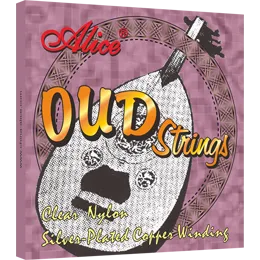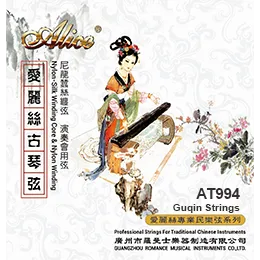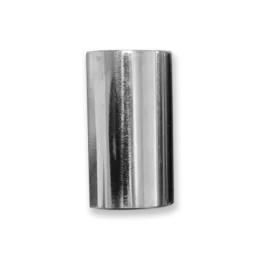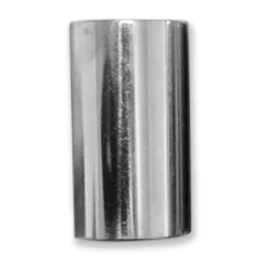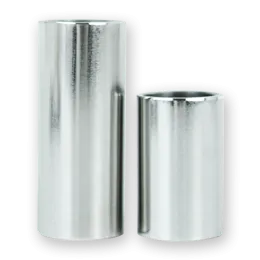How to Source High-Quality Guitar Strings: A Complete Buyer’s Guide
In the competitive world of musical instruments and accessories, the quality of guitar strings can make or break the playing experience. Whether you’re a retailer, distributor, or OEM partner, sourcing high-quality guitar strings is essential not only for customer satisfaction but also for brand reputation and long-term business growth. However, the market is flooded with countless options, and choosing the right supplier can be challenging. This guide will walk you through the key factors to consider, common pitfalls to avoid, and how to identify a reliable manufacturer — with a focus on why Alice Guitar Strings is a trusted choice for global B2B clients.

1. Understand What Defines a “High-Quality” Guitar String
Before you begin sourcing, it’s important to know what sets premium guitar strings apart from average ones. Quality strings should deliver:
Consistent tone: Clear, balanced sound across all strings, whether warm and mellow or bright and crisp.
Durability: Resistance to corrosion, oxidation, and breakage, ensuring a long playing life.
Playability: Smooth surface, stable tension, and comfortable feel under the fingers.
Precision manufacturing: Uniform diameter, tight winding, and stable tuning performance.
High-quality guitar strings not only enhance the player’s experience but also reduce returns and complaints — an important factor for distributors and retailers.
2. Know the Different Types of Guitar Strings
Different guitar types require specific strings, and understanding the categories helps you match your inventory with customer needs:
Acoustic Guitar Strings: Typically made of 80/20 bronze or phosphor bronze, offering bright or warm tones.
Classical Guitar Strings: Made of nylon for soft, expressive tones ideal for classical and fingerstyle music.
Electric Guitar Strings: Usually nickel-plated steel or stainless steel, delivering powerful, bright, and punchy sounds.
Folk Instrument Strings: Designed for traditional instruments like ukuleles, mandolins, or guqin, with unique tonal properties.
Offering a wide selection helps retailers cater to beginners, hobbyists, and professional musicians alike.
3. Supplier Selection: What to Look for
When sourcing guitar strings, the manufacturer you choose is just as important as the product itself. Consider the following key criteria:
Material Quality: Premium raw materials ensure tonal consistency and durability. For example, high-grade steel or nylon resists stretching and maintains tuning longer.
Manufacturing Process: Advanced winding technology and strict quality control minimize breakage and tuning instability.
Product Range: A reliable supplier should offer multiple gauges, tensions, and materials to meet different musical styles and player preferences.
Certifications and Standards: Compliance with industry standards and quality certifications demonstrates reliability and professionalism.
OEM/ODM Capabilities: For B2B clients, the ability to customize packaging, branding, and product specifications is a major advantage.
4. Common Pitfalls to Avoid When Sourcing Guitar Strings
Even experienced buyers can fall into sourcing traps. Here are a few to watch out for:
Chasing only low prices: Extremely cheap strings often sacrifice material quality and durability, leading to high return rates and poor customer satisfaction.
Ignoring consistency: Even good-sounding strings can be problematic if their quality varies between batches.
Lack of after-sales support: Suppliers that don’t offer technical support or replacement policies can cause future problems, especially for OEM clients.
Overlooking packaging quality: Poor packaging can damage strings during shipping and storage, affecting the final customer experience.
Avoiding these pitfalls will save costs, improve your reputation, and strengthen customer loyalty in the long run.
5. Product Testing and Sample Evaluation
Before placing bulk orders, always request samples and evaluate them based on:
Tonal response: Check for clarity, sustain, and tonal balance.
Tuning stability: Strings should hold tuning well even after stretching and repeated use.
Playability: Test how they feel under the fingers, especially for techniques like bending, vibrato, and fingerpicking.
Longevity: Assess corrosion resistance and tonal quality retention over time.
Field-testing strings with professional musicians or instructors can also provide valuable insights for product selection.
6. The Advantages of Alice Guitar Strings for B2B Clients
When it comes to sourcing high-quality guitar strings, Alice has become a trusted global brand among retailers, distributors, and OEM clients. Here’s why:
Premium Materials: Alice Guitar Strings use carefully selected steel, nickel, bronze, and nylon, ensuring consistent tone, strength, and durability across all product lines.
Advanced Manufacturing: With precision winding technology, automated quality control, and surface treatment processes, Alice ensures that every string meets strict performance standards.
Wide Range of Options: From acoustic and electric guitars to classical and folk instruments, Alice offers comprehensive solutions for all musical styles and skill levels.
Customization & OEM Services: Alice provides private labeling, custom packaging, and specification tailoring — ideal for music brands, retailers, and educational institutions.
Global Distribution Network: With a proven supply chain and support system, Alice ensures timely delivery and stable inventory for clients worldwide.
These strengths make Alice not just a manufacturer but a strategic partner for businesses seeking long-term success in the musical accessories market.
7. Building Long-Term Partnerships
Sourcing high-quality guitar strings is not a one-time task but a strategic partnership. By working closely with a reliable guitar string manufacturer, you gain more than just products — you gain access to industry insights, market trends, and continuous product innovation. Brands like Alice invest in research and development, ensuring that their strings evolve with changing player demands and musical trends.
For retailers, this means offering customers consistently excellent products. For OEM partners, it means building trusted brands backed by proven quality.
Alice Guitar Strings Manufacturers
As one of the world’s leading guitar strings manufacturer and guitar accessories suppliers, Alice combines decades of expertise with cutting-edge technology to produce strings that meet the highest professional standards. From classical nylon to electric steel and acoustic bronze, Alice Guitar Strings deliver unmatched tone, durability, and playability for musicians of all levels.
With robust guitar strings OEM and ODM support, global distribution capabilities, and competitive pricing, Alice is the ideal manufacturing partner for music stores, wholesalers, and instrument brands seeking reliable, high-performance string solutions.
Make your sourcing process simpler, smarter, and more successful — partner with Alice Guitar Strings and elevate your product lineup with strings trusted by musicians around the world.
Relate News
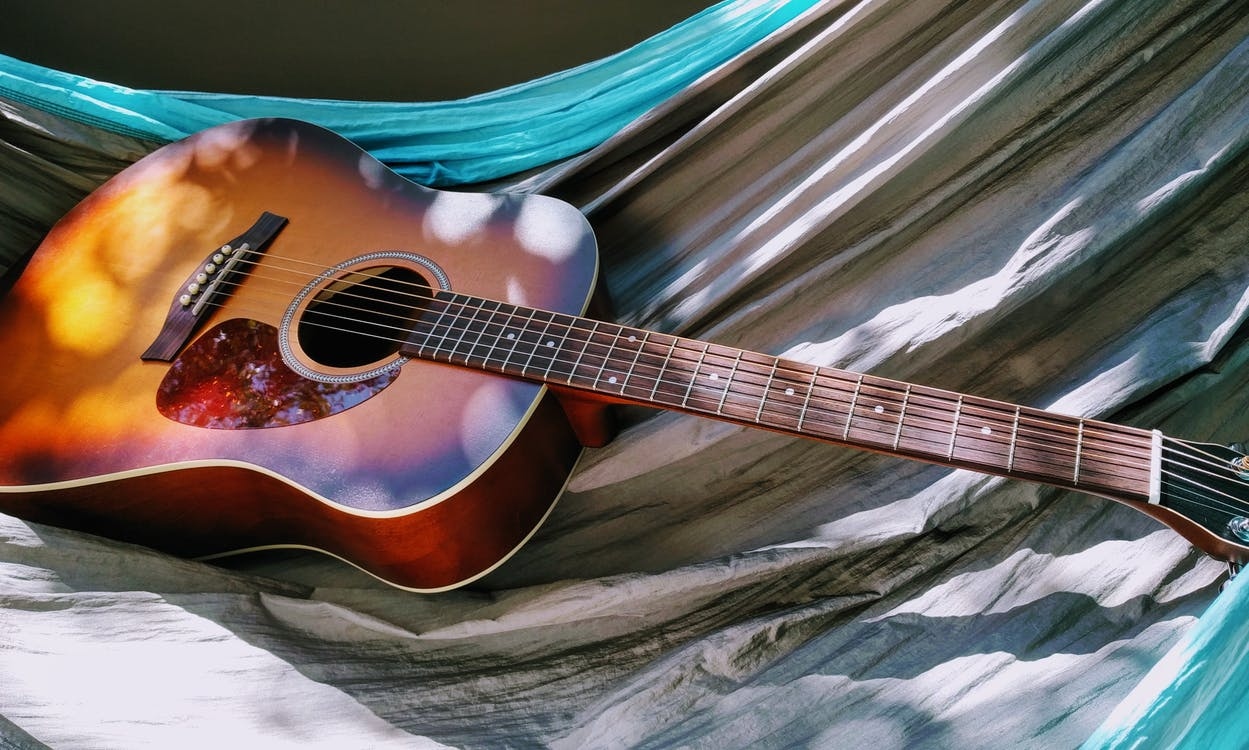

Common Guitar String Problems and How to Fix Them

Why Your Guitar Strings Keep Breaking (and How to Prevent It)
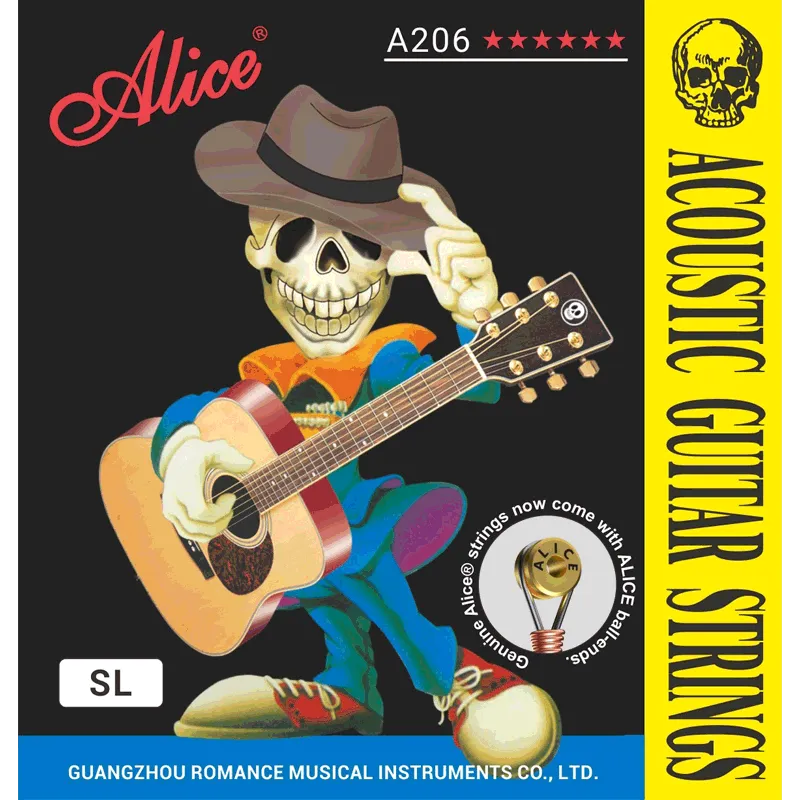
A Beginner’s Guide to Acoustic Guitar Strings

Phosphor Bronze Strings vs. 80/20 Bronze Strings: Which Should You Choose?
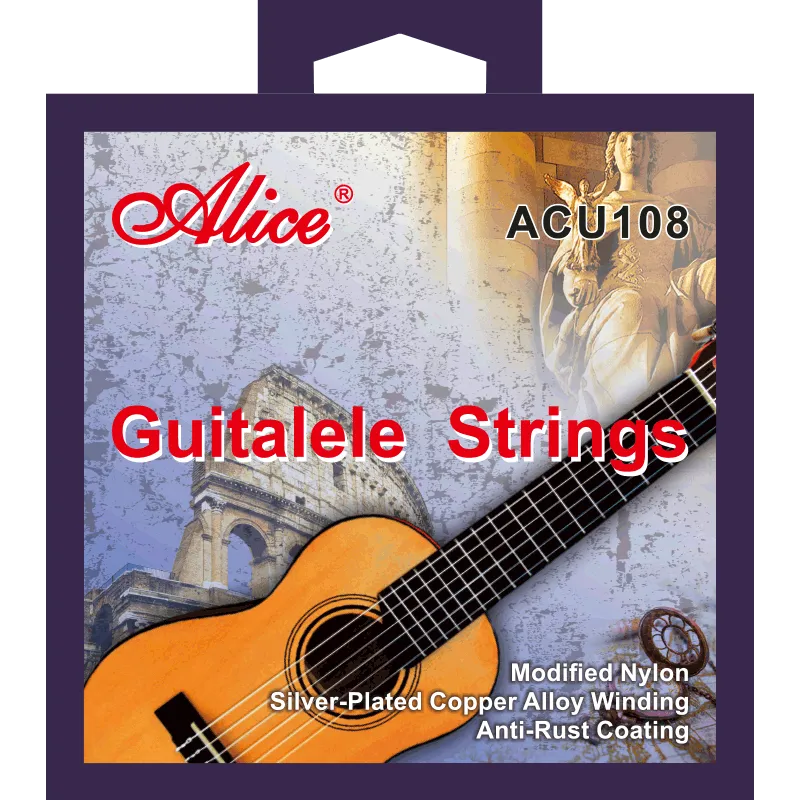
What is the Difference Between Guitar Strings and Guitalele Strings?
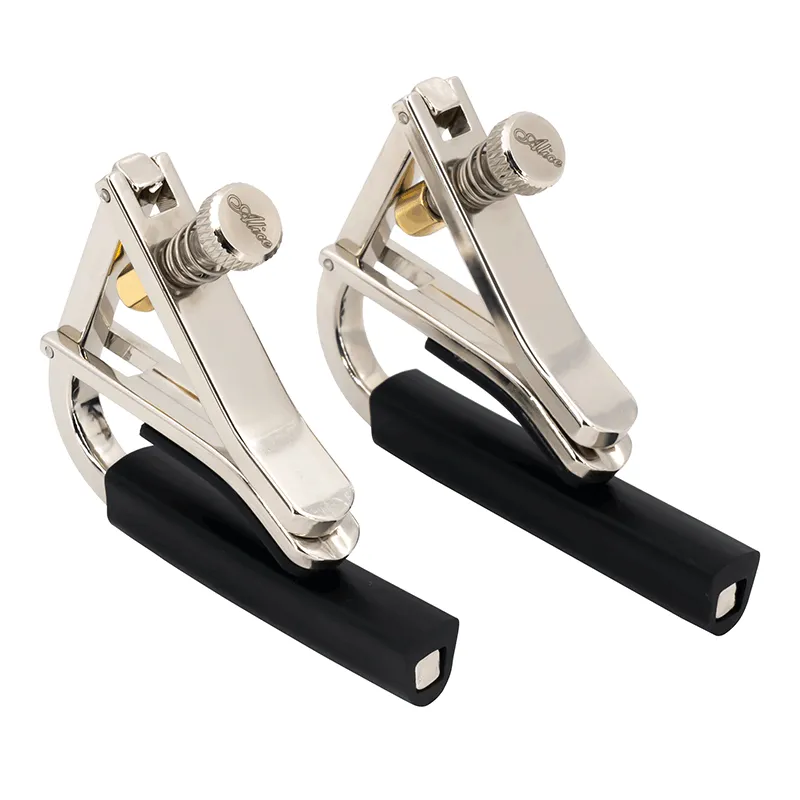
What Is a Guitar Capo Used For?

How to Choose the Right Guitar String Gauge: Light, Medium, or Heavy?

What Strings Are Best for an Acoustic Guitar?
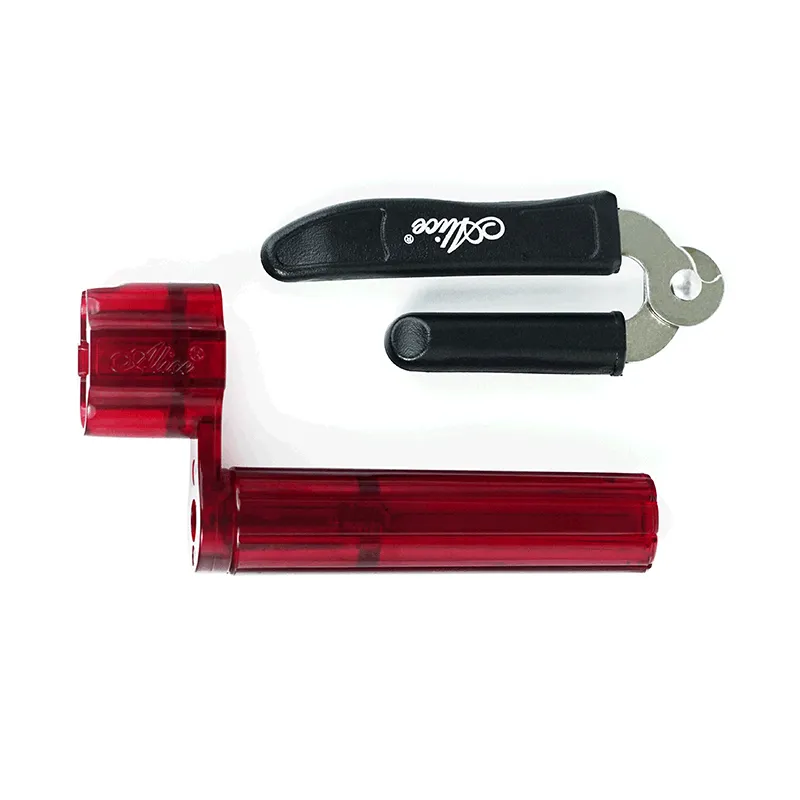
How to Change Acoustic Guitar Strings: A Step-by-Step Guide
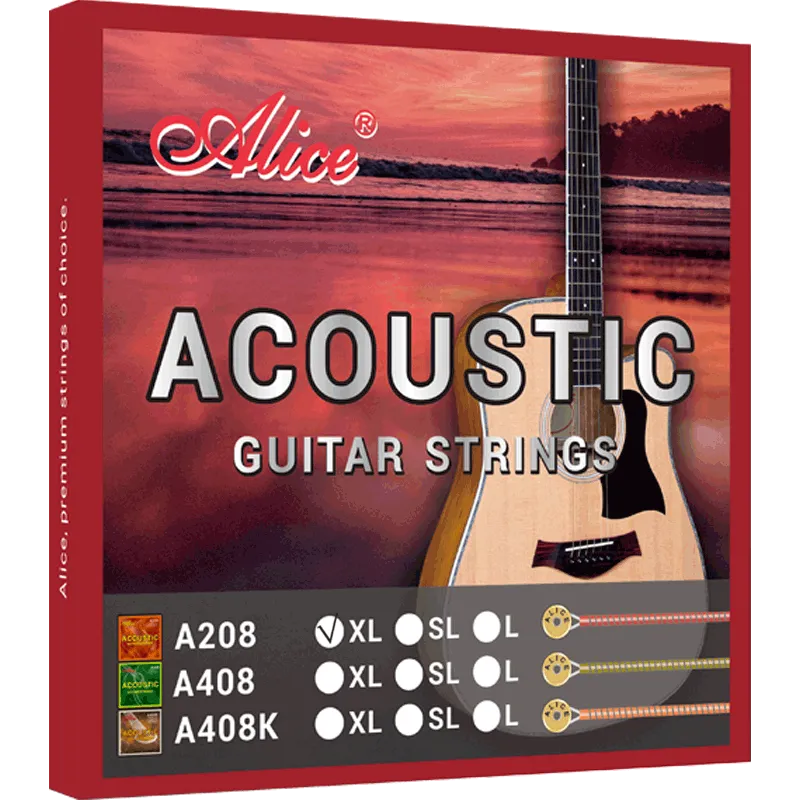
Electric Guitar Strings vs Acoustic Guitar Strings Difference, and Can Swap Them?



